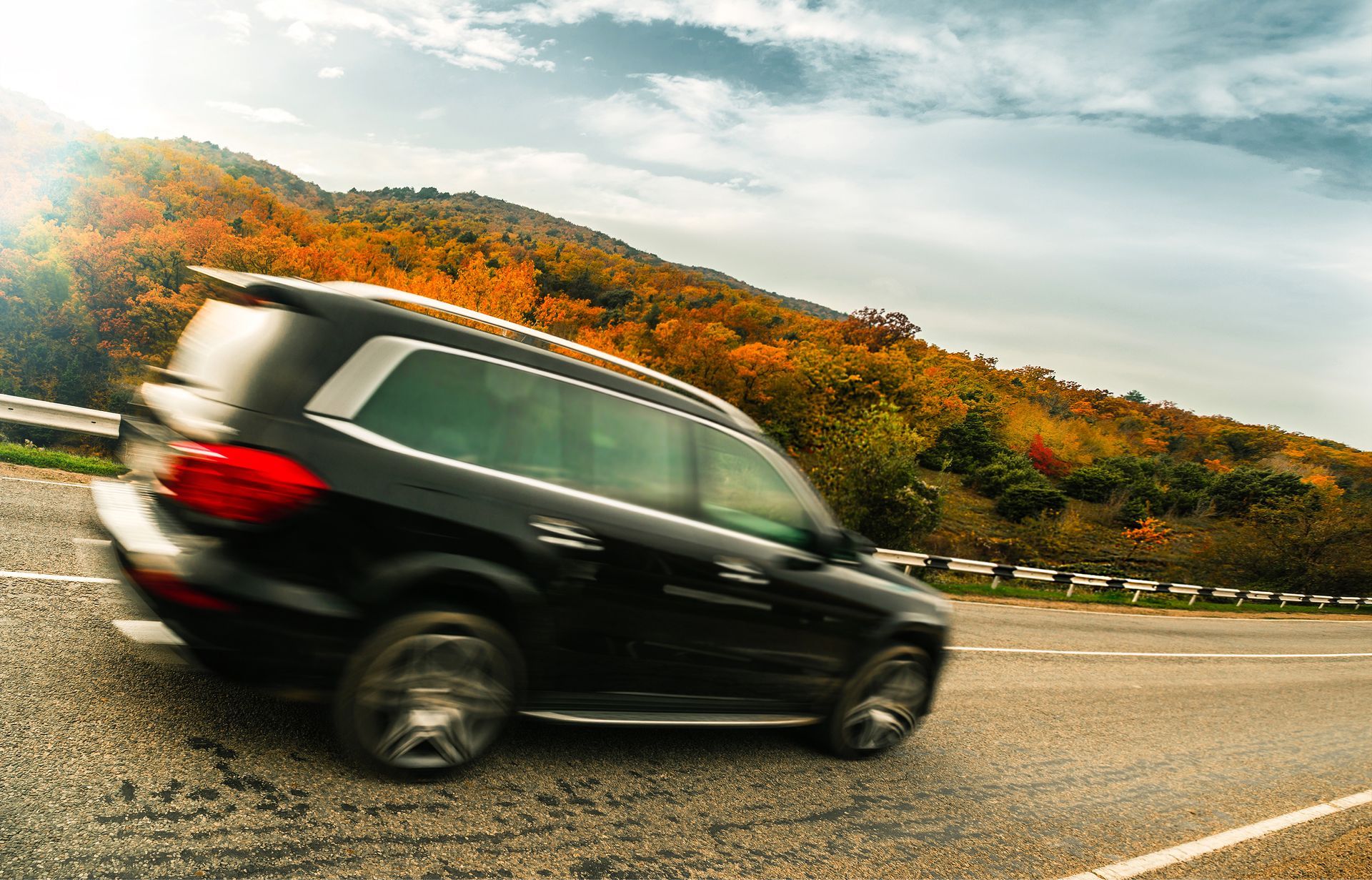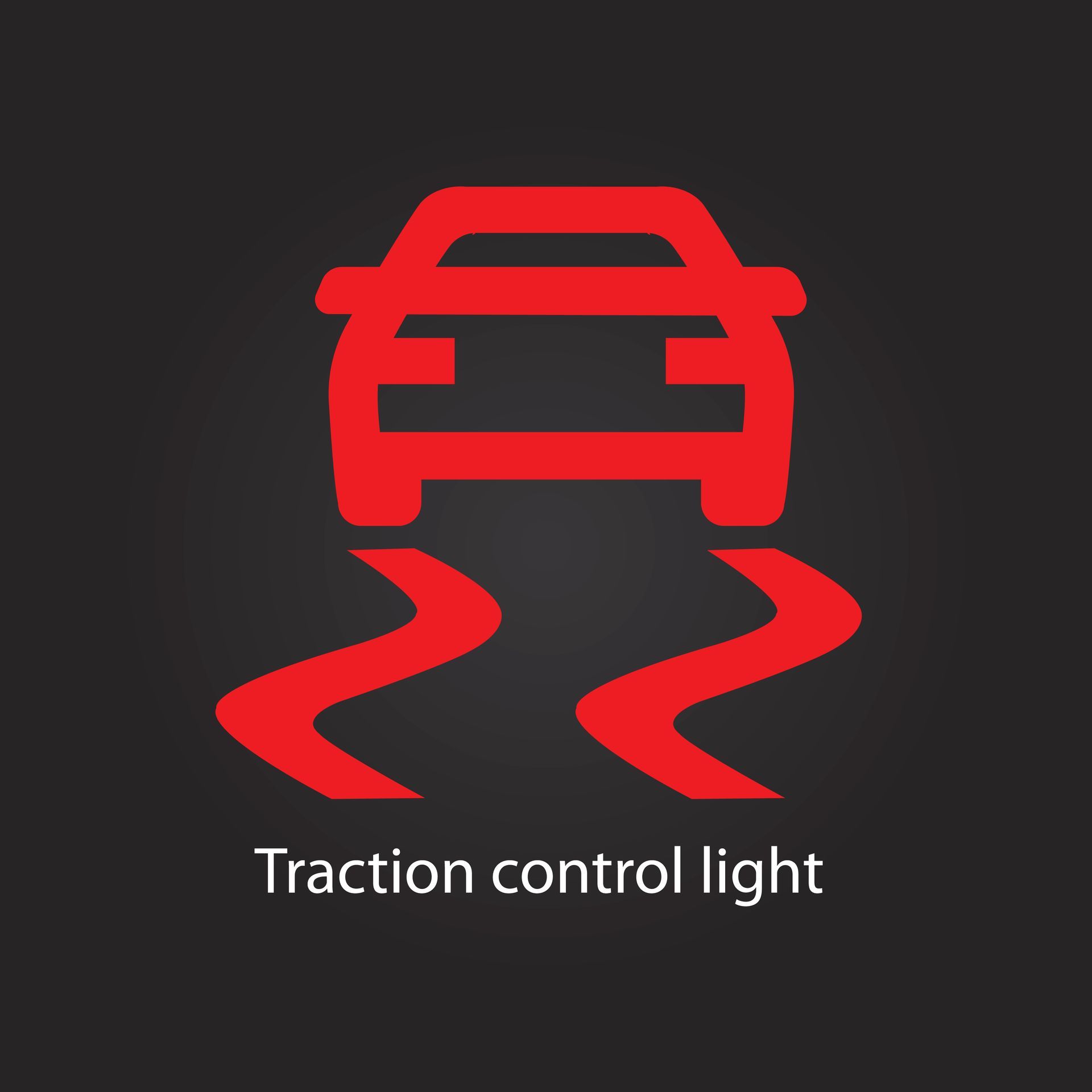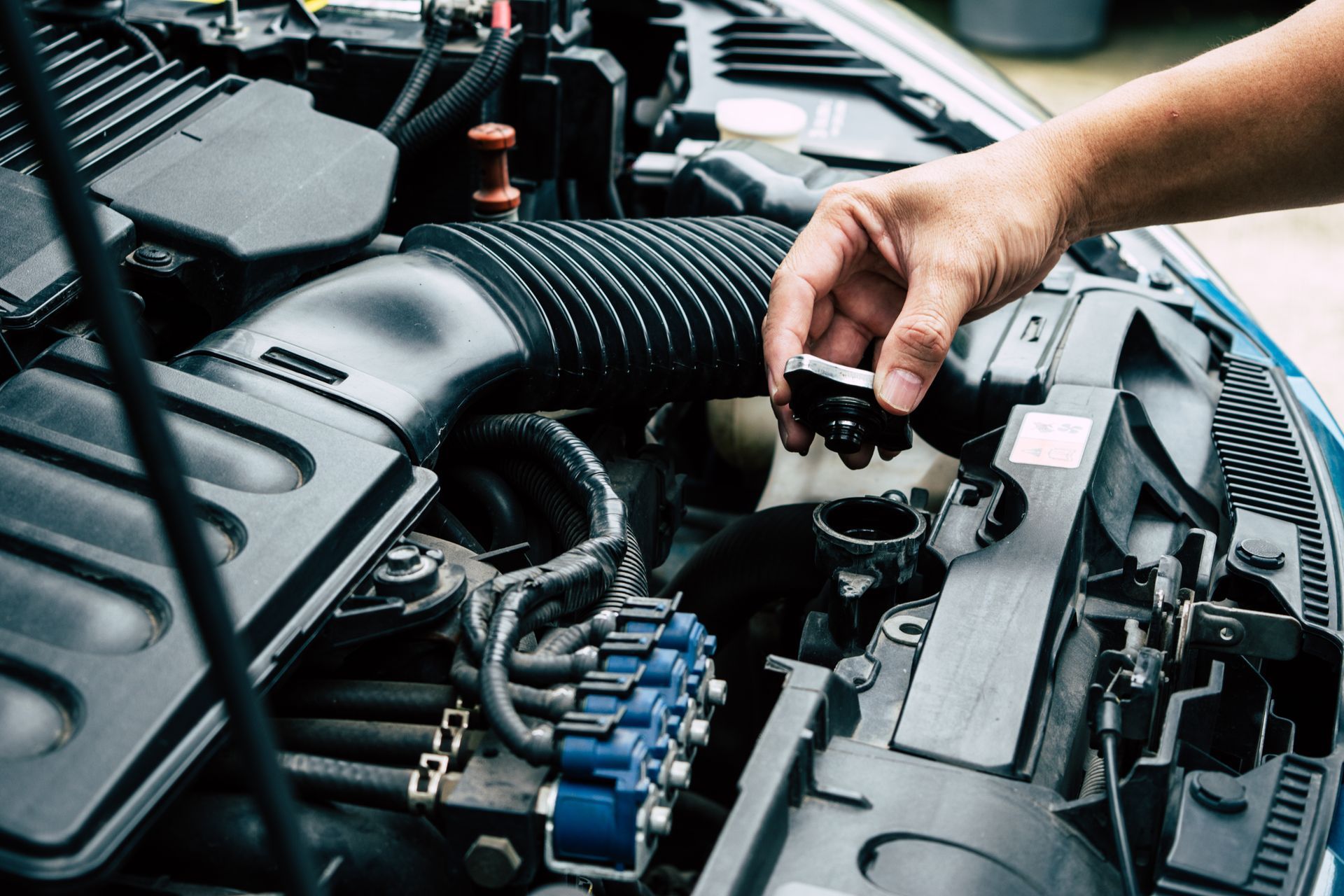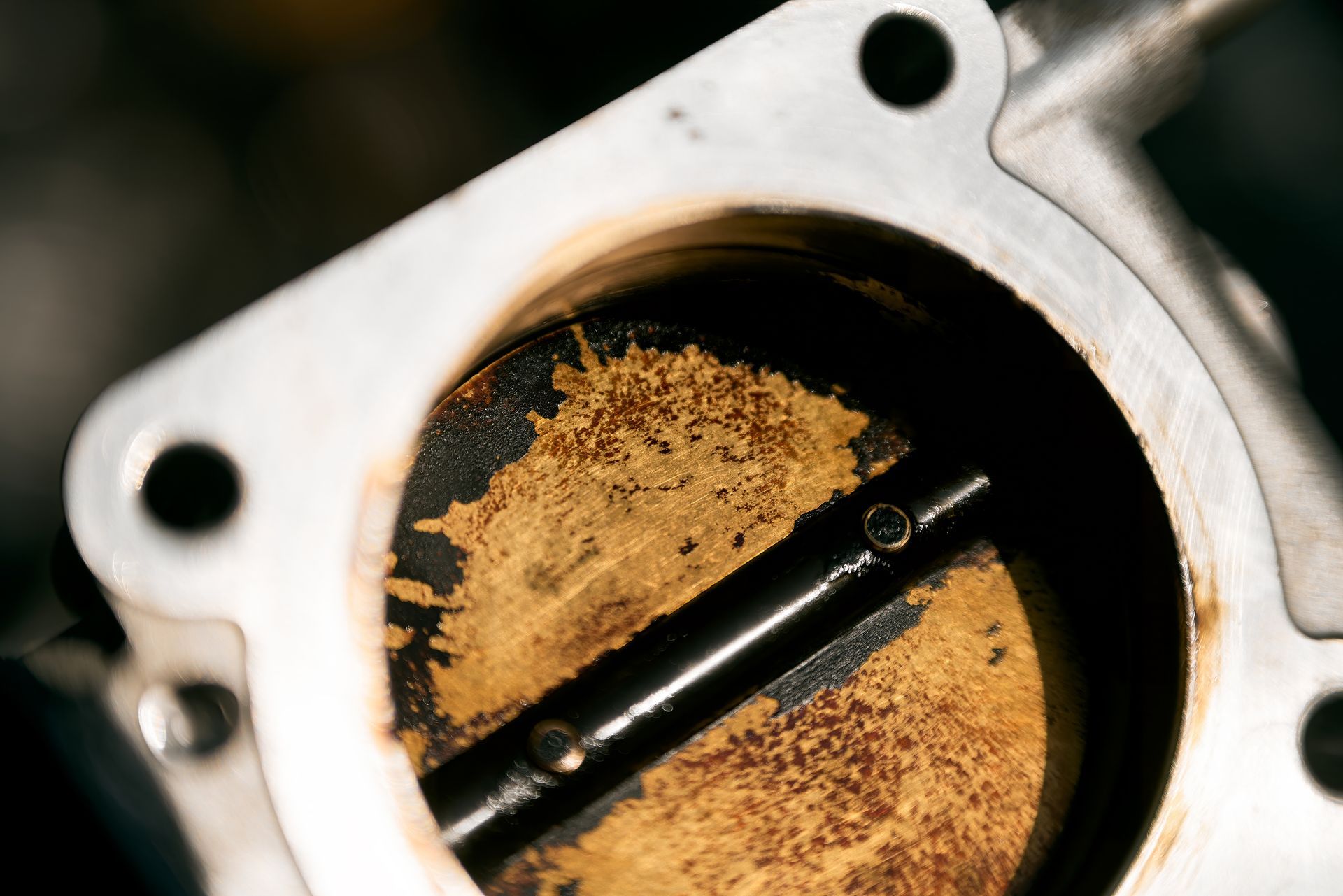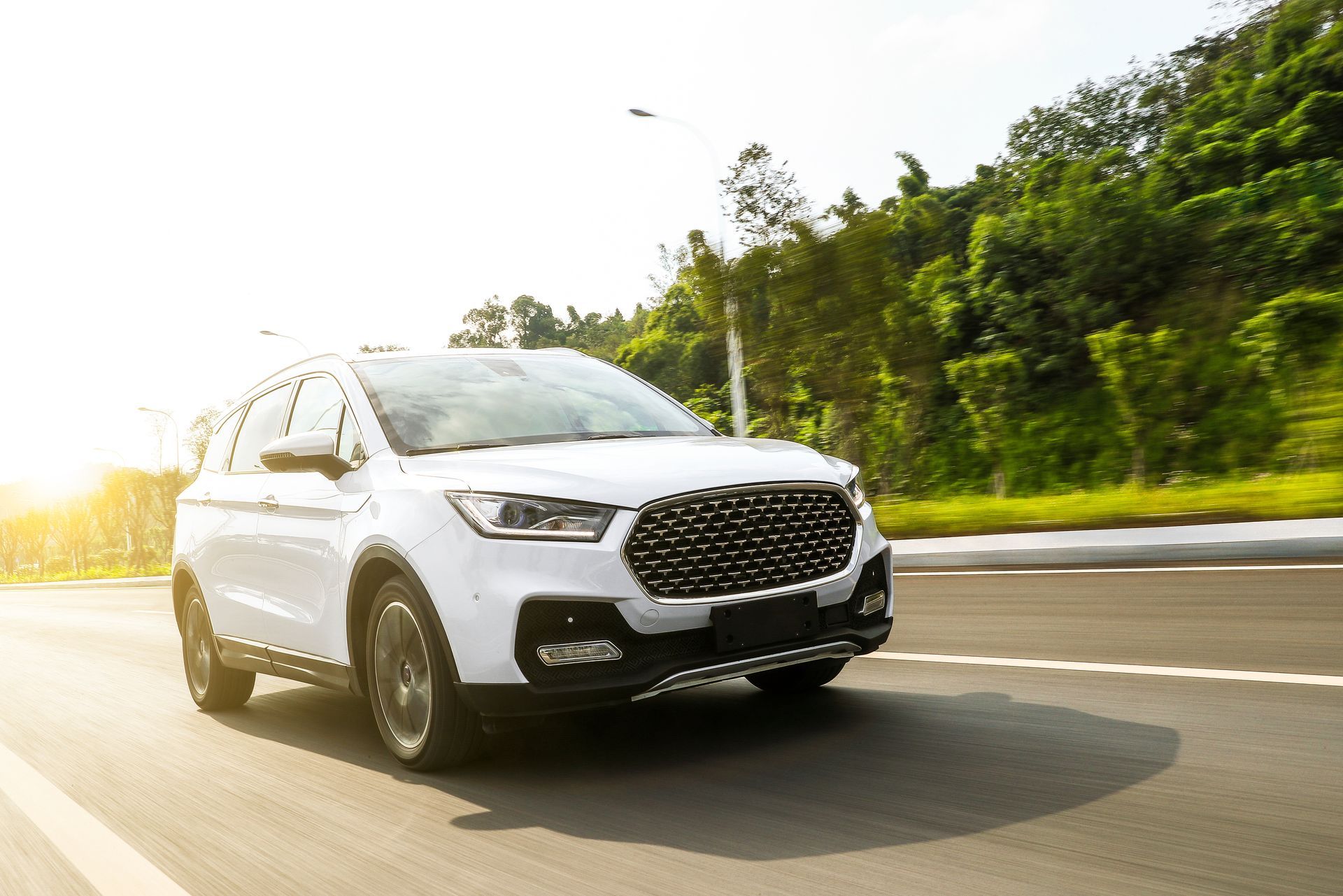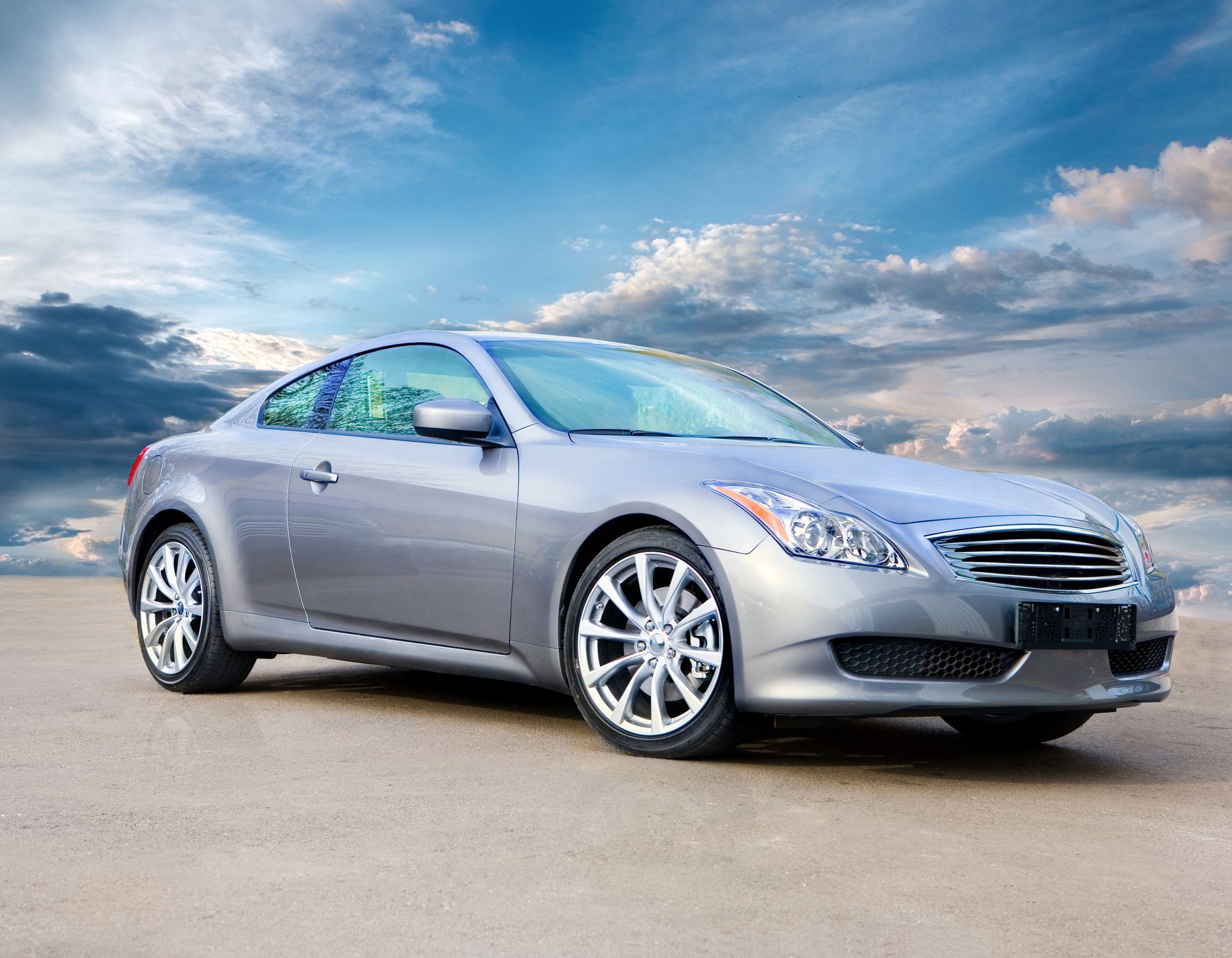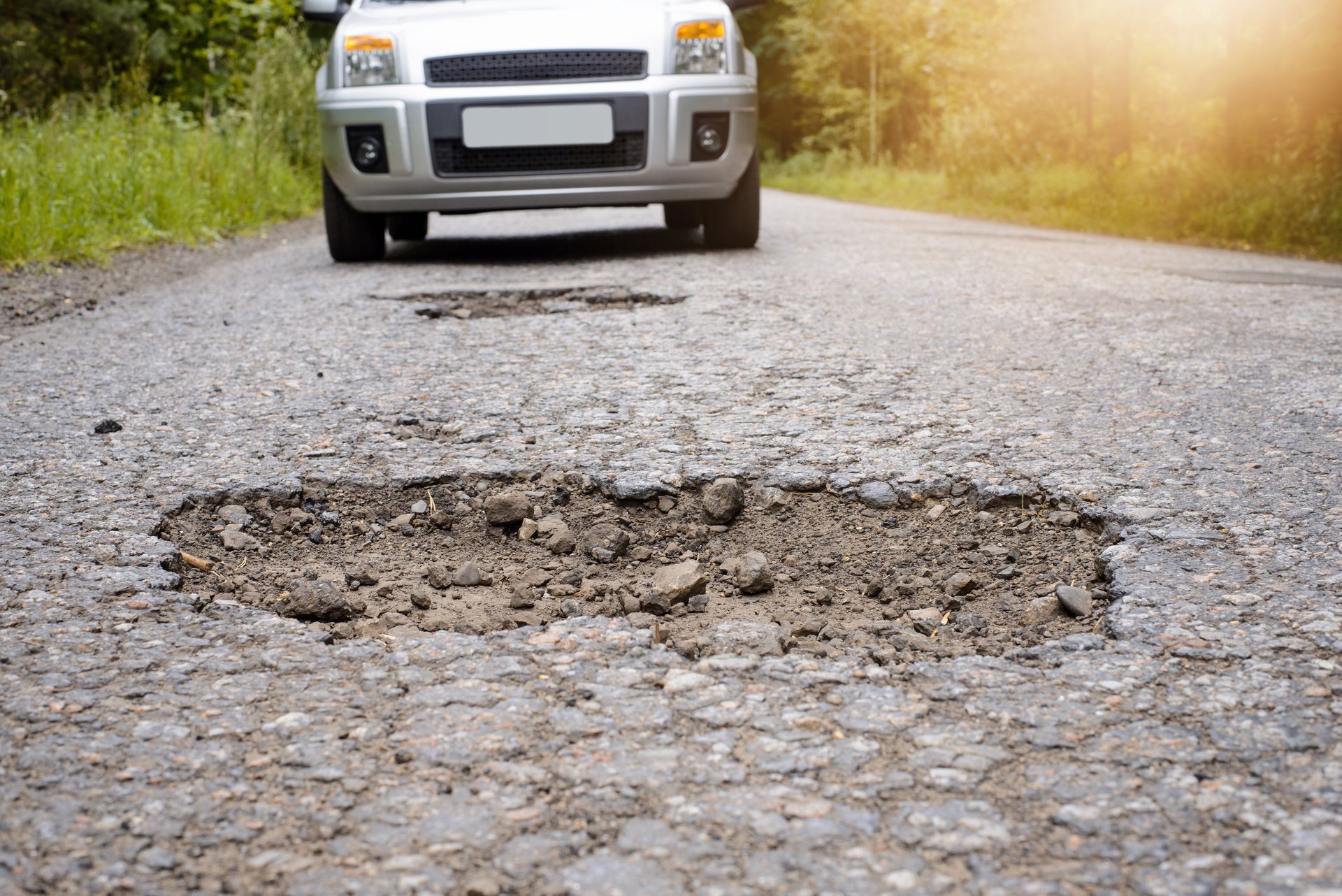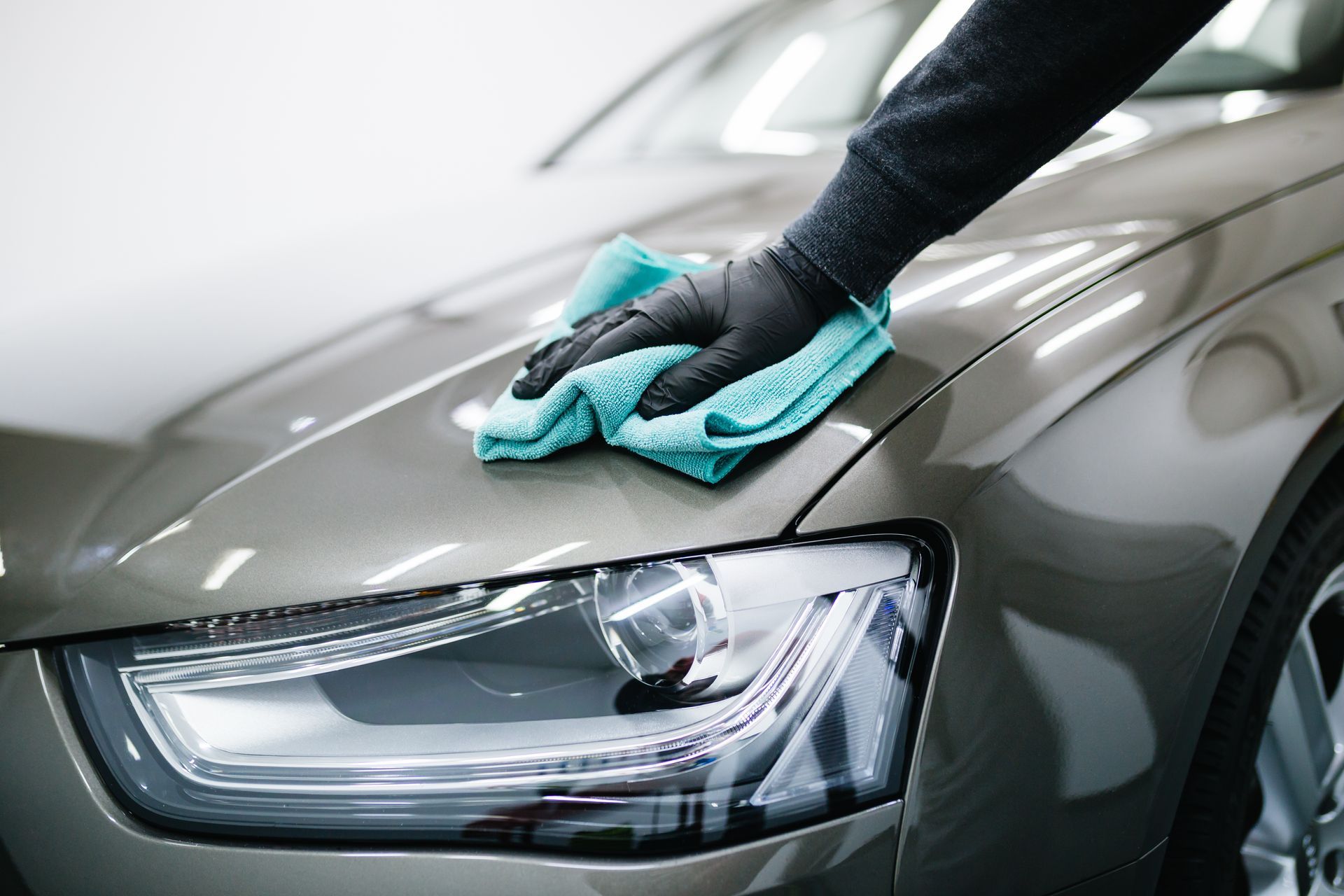If your car feels like it’s dragging, pulls to one side while driving, or you notice an odd burning smell after a short trip, there’s a good chance a brake caliper is sticking. It’s an issue that can creep up without much warning but cause a lot of trouble—from reduced fuel efficiency to premature brake and tire wear.
Brake calipers are supposed to clamp down on the rotors when you hit the brakes, then release as soon as you let off the pedal. But when a caliper sticks, that pressure doesn’t let up completely. That means one or more wheels are working harder than they should, even when you’re not braking. It’s more than just a nuisance—it can affect how your car handles and how safely it stops.
Wondering if this might be happening to your car? Let’s walk through the warning signs and what to do next.
What a Sticking Caliper Feels Like While Driving
One of the earliest signs of a sticking caliper is a pulling sensation—like the car wants to veer left or right, even when you’re trying to drive straight. That happens when one side is braking harder than the other, creating an imbalance in the way your wheels rotate.
You might also feel:
- Reduced acceleration even when pressing the gas
- Vibration in the steering wheel when braking
- The car slowing down quicker than usual without pressing the pedal much
In more extreme cases, it can feel like your car is dragging something behind it or like it’s struggling to maintain speed.
Listen for Unusual Noises
A stuck caliper can also cause noises as the pad drags against the rotor constantly. You might hear:
- Squealing or high-pitched screeches
- Grinding sounds if the pad has worn down to the metal
- Clunking if the caliper moves erratically
These sounds may come and go as the caliper catches and releases, especially after a longer drive when the parts heat up.
If you hear these noises even when you’re not braking, it’s worth having your brakes checked immediately.
Hot Wheels or Burning Smells After Driving
After parking, if you notice a burning smell near one of the wheels—or if one wheel feels much hotter than the others—it’s a strong sign that a caliper is sticking. That heat comes from the pad constantly rubbing the rotor.
Be careful touching the wheel directly after driving. You can usually feel the heat radiating from it without needing to make contact. If this keeps happening, it can warp the rotor, damage the pads, or even overheat the brake fluid, reducing your stopping power.
Brake Dust Buildup and Uneven Pad Wear
Over time, a sticking caliper creates uneven wear between the brake pads. One wheel may have significantly more brake dust on it, or you might notice that pads on one side are much thinner than the others.
If your mechanic tells you that one rotor or set of pads is wearing out faster than the rest, it’s worth investigating the caliper before simply replacing the parts.
What Causes a Brake Caliper to Stick
Several things can cause a caliper to stick:
- Rust or corrosion inside the caliper piston
- Worn or dried-out caliper slide pins that no longer move freely
- Collapsed or damaged brake hoses that trap pressure in the system
- Old brake fluid contaminated with moisture or debris
Age, lack of maintenance, or exposure to harsh conditions (like road salt or frequent stop-and-go traffic) can all contribute to caliper problems.
What Happens If You Ignore It
Driving with a sticking caliper doesn’t just make the car feel off—it’s bad for your entire braking system. Over time, it causes the brake pads and rotors to overheat and wear out faster. It also puts strain on the transmission and tires, lowers your fuel efficiency, and in worst-case scenarios, can cause brake failure.
If the caliper fully seizes while driving, it could lock up the wheel or cause dangerous instability during braking.
Mountain Tech – Brake Inspections and Caliper Repairs in Oregon City, OR
Notice your car pulling, smelling something hot after a drive, or just feel like something’s off with your brakes?
Mountain Tech in Oregon City, OR, is here to help. Our team can inspect your entire brake system, identify whether a caliper is sticking, and fix the issue before it leads to bigger problems.
